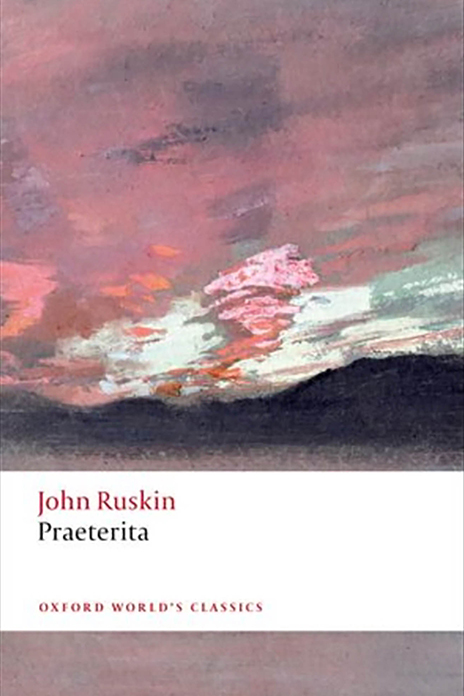John Ruskin (1819-1900) was a towering figure of the nineteenth century: an art critic who spoke up for J. M. W. Turner and for the art of the Italian Middle Ages; a social critic whose aspiration for, and disappointment in, the future of Great Britain was expressed in some of the most vibrant prose in the language.
Ruskin’s incomplete autobiography was written between periods of serious mental illness at the end of his career, and is an eloquent analysis of the guiding powers of his life, both public and private. An elegy for lost places and people, Praeterita recounts Ruskin’s intense childhood, his time as an undergraduate at Oxford, and, most of all, his journeys across France, the Alps, and northern Italy.
Attentive to the human or divine meaning of everything around him, Praeterita is an astonishing account of revelation.
Revelling with Ruskin
John Ruskin’s Praeterita is one of the most exhilarating books I know, and I often go back to it. For most of his life the great art-critic-cum-sage was writing books to educate people. Once, when...
Read more







